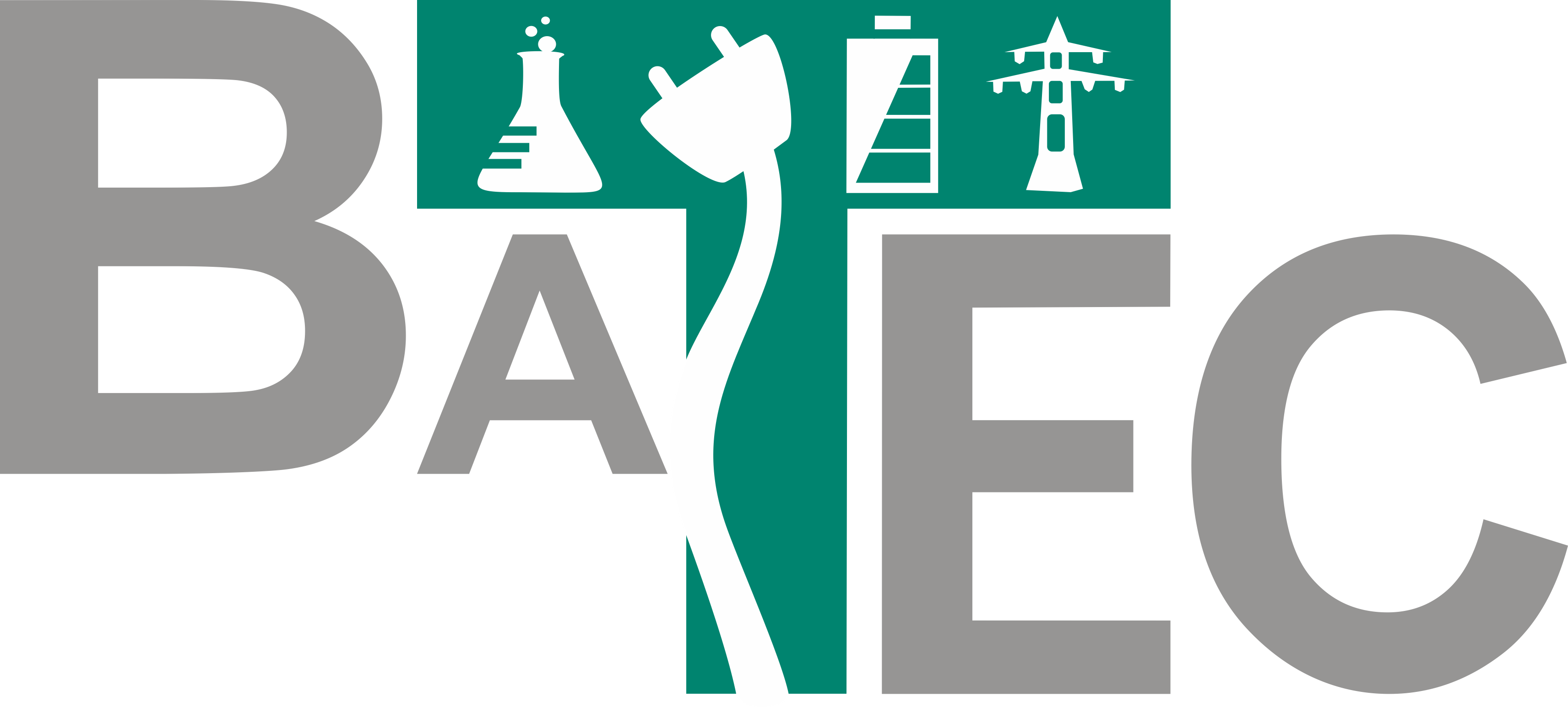
Testbench - Test methods for determining the efficiency of PV storage systems - From guideline to standard
- Contact:
- Project Group:
- Funding:
Federal Ministry of Economic Affairs and Climate Action (BMWK)
- Partner: Fraunhofer IEE, VDE/DKE, TÜV RhinelandAssociated partners: AIT, BSW, BVES
- Startdate:
01.01.2020
- Enddate:
30.06.2022
Objectives and Results
More than 120,000 PV storage systems are in operation in Germany and further growth in installations is expected in the coming years. These systems are mainly used in private households to increase solar self consumption and self-sufficiency. The economic benefit results from the difference between the electricity purchase price and the feed-in tariff. In order to ensure economic efficiency for the system operator, it is important that the PV storage system is highly efficient. The BVES and BSW Solar have standardised measuring methods for determining the efficiency of PV storage systems and requirements for evaluating the results in a guideline. To enable the comparison of different systems on the basis of these methods, the reproducibility of the results is fundamental. It has already been established in investigations that the measurement results on the same test specimens at different measuring institutes can sometimes lead to very different results. The aim of the project is to improve the quality of efficiency measurements on PV storage systems in order to ensure comparability. The focus here is on ensuring the quality of the results and reproducibility. The results should show which detailing and adaptations of the guidelines are necessary to create a VDE application rule or standard.
Contents and Approach
The "Testbench" project focuses particularly on the reproducibility and comparability of the measurement results at the project partners' various test benches. For this purpose, the test procedures are investigated, applied and detailed at the individual institutes. In the second half of the project, a round robin test is to validate the effectiveness of the improvements and prove the reproducibility of the results of the participating partners.
KIT Project Volume
218.900 €
Further Information

